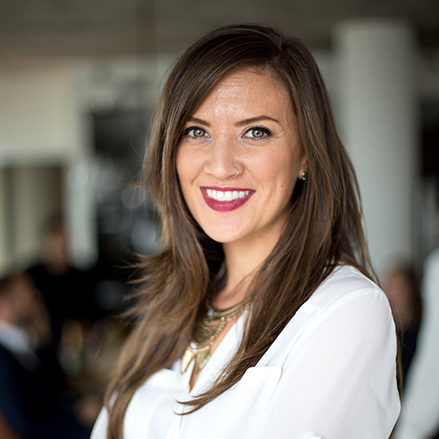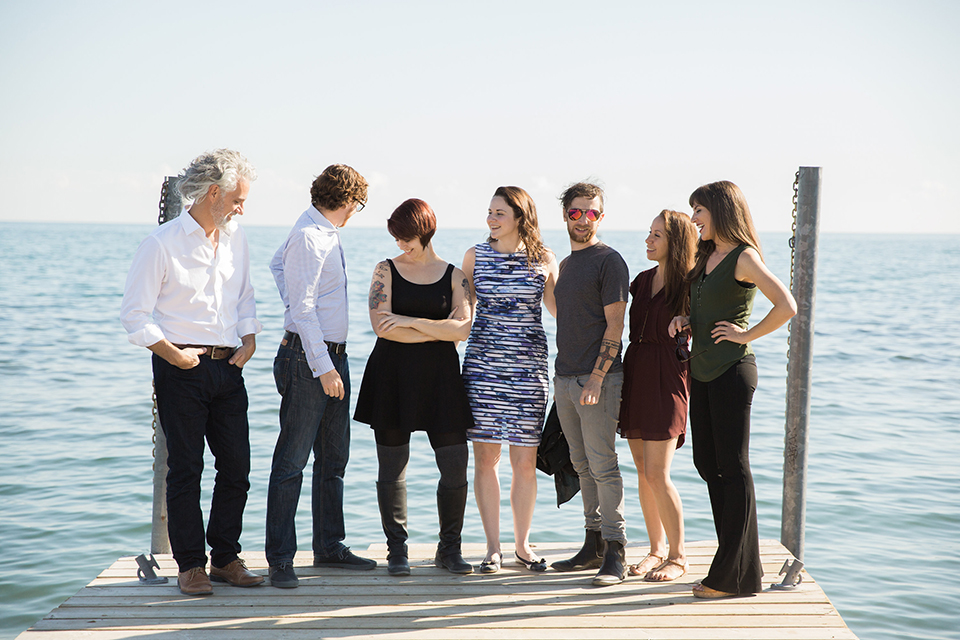Where were you when you heard that Tom Hanks had COVID-19? I was in a conference room in Calgary, Alberta with a client. We all saw the news and reacted in shock and amazement. Twenty minutes later, my client received an email asking all employees to gather their equipment and prepare to work from home. Offices would be closed Monday. I moved my flight up one day to avoid border closures. Back at home, I met with my team online and we discussed how our client’s offices might be closed for a month, maybe even six weeks, so we needed to prepare.
A month. Maybe even six weeks.
21 months later, we are a people accustomed to vocabulary like “lockdown”, “contact tracing” and “double-vaxxed.” We wear masks and judge those who don’t (or at least I do), we stare aghast at strangers who stand less than six feet away, our preferred scents are Purell and Lysol. We hold ideologies in our hearts that are not new, but carry renewed weight, like “Black Lives Matter” and “My Body, My Choice.” We miss our families in new ways. We know people who refuse to believe that more than 5 million people have died from this disease, and we know people whose lives are forever undone by what this disease has taken from them. We are, as Pauline Boss says, in a state of ambiguous loss. The constant change we have lived through over the last 21 months is perpetually unresolved. There is no clear conclusion and there probably never will be. And so, we are learning to protect ourselves – our bodies, our hearts, our minds. We are learning to protect each other, too, but with greater scrutiny than before. Who can I help? And, more importantly, will helping hurt me?
When Helping Helped Us
When the pandemic first hit, there was a period of time when we – or at least those of us who were not managing young children or working on the front lines – had a surplus of emotional energy to offer. We asked, “What can I do from home to help others?” In the CSR field, the obvious answer was virtual volunteering. Virtual – or remote – volunteering wasn’t new, but it was not widely available and, even when it was, it was not often well-executed. Still, people wanted to do something, so companies began to arrange letter-writing campaigns and they awarded “acts of kindness” and offered virtual events with organizations like Missing Maps and The Trevor Project. For months, volunteering skyrocketed. These opportunities to help others served as a balm to anxious hearts. It gave us a semblance of control in an otherwise unknowable time. For a while, helping helped us.
By May 2020, the ongoing pandemic held us in a state of disbelief as we began to recognize signs of exhaustion. It was that month that the reality of another, more nefarious pandemic struck. In our homes, on our devices, we watched as a man died beneath the knee of a police officer. Exhaustion gave way to rage. The sight of a fellow human murdered by a man called to “serve and protect” set society on fire. At that moment, volunteering changed. It shifted from “How can I help?” to “How can I survive?” It grew beyond “acts of kindness” to a fight for the very soul of humanity. George Floyd’s cries for his mother were all of our cries. His head under the knee of the oppressor was all of our heads. When we saw him, we saw ourselves and we understood that there is no time to lose. Companies got serious about social change – maybe for the first time. Executives started asking about “changing hearts and minds” rather than “best in class participation rates.” They felt embarrassed by years of painting walls and building bikes – rightly, so – and started asking better questions.
When Helping Hurt Us
Unfortunately, the surge of volunteer efforts that followed the murder of George Floyd did not last. It’s not surprising, really. Volunteering is not what comes to mind when people consider the most effective ways to heal a damaged society. On top of that, when human beings are in a state of survival – a state of protecting ourselves and others as well as we can – we simply do not have time or energy for anything that fails to contribute to our needs. It’s not that we’re no longer interested in doing good. It’s not that we’ve lost our passion for breaking down systems of oppression, healing trauma, taking responsibility for white privilege. We are, in fact, more interested than ever. But the last 21 months have made us discerning. We can see the contrast between substance and fluff. “Fluff” is exhausting. Fluff is insulting.
Traditional corporate volunteering, in many cases, is fluff. It is one-off events, it is a lone “Month of Service”, it is a few days of paid time off. It is beautification projects and letter-writing and backpack packing. It is bike-building and kit assembly and beach clean-ups. None of these are by default ineffective, but none of them are inherently effective either. Volunteering, on its own, does not make a difference. Volunteering, on its own, is in some cases damaging. As companies, we have to do better. If we don’t, we will slowly teach our masses of employees that volunteering is not worth their time. We will teach them that volunteering will sometimes be fun and it will sometimes feel good, but it will not serve their (or anyone else’s) needs. It will not contribute to our collective survival. In fact, we may have taught them that already. Volunteer participation numbers are down – and it’s not because communications campaigns are faulty or people are tired of Zoom. It’s because corporate volunteering, in many cases, is fluff.
The Opportunity Ahead
It’s the end of 2021. We’re 21 months into a global pandemic. We are tired, protective, surviving. We are raw. And we are not quite sure what we need. Rest? A new job? Vacation? A more meaningful relationship? Exercise? Water? While some needs change and others are difficult to identify, it is universally known that human beings who lack a sense of meaning struggle to survive. Meaning, as opposed to purpose, is the value we assign to an experience. When our lives – our activities, our work, our thoughts, our relationships – lack meaning, we struggle to know our own value. While the “purpose” of corporate volunteering might be clear (“We are painting this wall to save the NPO staff time and increase the capacity of the organization.”), the meaning of corporate volunteering is often nebulous. What is the meaning of painting a wall? Why does it matter that it’s me who’s doing it? How does this activity have anything to do with my company? What difference does it actually make?
In 2022, companies have an opportunity to reject corporate volunteering programs that fail to contribute to the actual needs of our employees and their communities. We have an opportunity to install meaning as the first steppingstone toward solving poverty, racism, hunger, oppression. Without meaning, impact is far more difficult to achieve. In 2022, let’s commit to genuine, long-term societal change by designing and implementing programmatic strategies that:
- Invite employees to bring meaning (not just purpose) to their volunteer experience
- Create space to challenge assumptions, develop empathy, and change behaviors
- Position volunteer events as a step on the way to impact, not impact itself
You may not have the resources to hire a company like Realized Worth to help you do this, but we’re here to talk with you about how to do it anyway. Give us a call and let’s brainstorm. We’re all in this together. Let’s make 2022 a year for the history books – a good year. Let’s make it a year we can look back at with satisfaction and pride as we make corporate volunteering a key source of societal resilience, human empathy, and compassionate decision-making.






